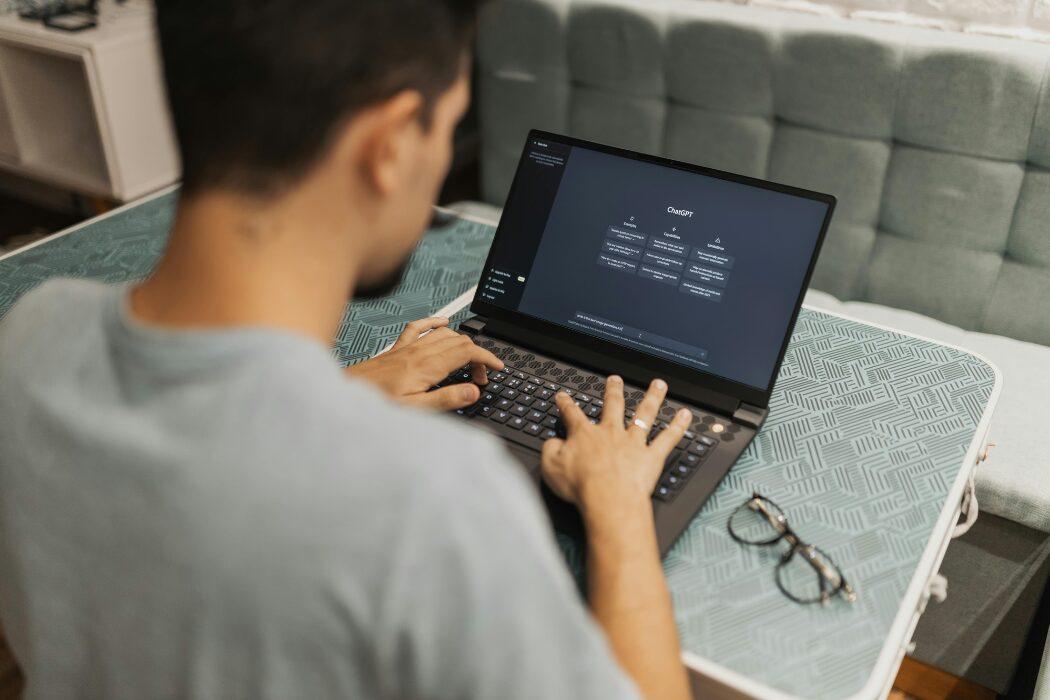In light of the Coronavirus COVID-19 epidemic, we asked the MDU to provide guidance and advice to doctors choosing to consult with patients remotely instead of face to face. Dr Sharmala Pranklin, Deputy Head of Underwriting at the MDU considers the main risks for those engaging in telehealth consultations.
What are the medico-legal risks for video consultations?
There are concerns about medico-legal risks and limitations around interacting with patients online as opposed to a face-to-face consultation.
The GMC’s good practice guidelines apply to remote/video consultations in the same way they apply to traditional consultations. Medical practitioners must:
- Obtain adequate patient consent
- Ensure patient confidentiality
- Keep contemporaneous notes
- Make an appropriate assessment of the patient’s symptoms
- Communicate with other doctors to ensure continuity of care, especially when seeing people who may be registered with another GP
- Have appropriate indemnity insurance.
In some cases, a remote consultation may not be appropriate. To combat this, the GMC has created specific guidance featuring an easy to read flowchart to determine the validity of whether a remote consultation is suitable.
The CQC and online consultations
The CQC noted in their report from 2018 that “the quality of online primary care services…has improved over the last 12 months but further action from providers and the wider system is needed to ensure they are as safe as general practice in physical premises”.
The major concerns found in the report were:
Inappropriate prescribing of antibiotics and prescribing high volumes of opioid-based medicines without talking to the patient’s registered GP
Unsatisfactory approaches to safeguarding of children and those who may not have the mental capacity to understand or consent to a consultation
Not collecting patient information or sharing information with a patient’s NHS GP
Inappropriate prescribing of medicines for long-term conditions
What about confidentiality and consent during remote consultations?
Obtaining consent from patients is critical before carrying out a remote consultation. You should inform them of all the limitations of clinical assessments, and any potential security risks of the consultation taking place online. It is also critical to be able to make an assessment of the patient’s capacity to make informed decisions about any proposed treatment.
Be aware that although Video Consultations are a visual form of communication, certain elements such as non-verbal clues will be impaired, with the potential to cause a misunderstanding by the patient or medical professional.
Critically, you must ensure you can carry out the consultation in an environment where you can ensure patient confidentiality.
You should explain to the patient that they must endeavor to do the same. They should be somewhere private where details of the consultation cannot be overheard or seen by someone else, for example, a housemate overhearing the call.

How do I document online consultations?
Exactly the same as face-to-face consultations. Careful contemporaneous notes should be kept of the consultation with the patient, including any management plan and assessment.
It is tempting to record the entire Video Consultation as some software will have this feature. It is critical that you obtain the consent of the patient for this in advance of the consultation. You should also explain to the patient the reasons for recording the consultation, how it will be stored and for how long. The GMC also advises that the recording will become part of the patient’s medical record, and should be treated exactly the same as their other records.
It is critical that there are adequate security placements where personal information is stored, sent or received electronically. You should follow the NHS Digital Code of Practice for handling information in health and care.
There are also GMC core guidelines on Confidentiality. If you are responsible for managing patient records or other patient information, which you will be with online consultations, you must make certain that the records you keep are made, stored, transferred, protected and disposed of according to data protection and other relevant laws.
All members of your staff who encounter patient information must also be trained in information governance and responsibilities.
How do I consult patients without access to their records?
If you are working with digital services you may receive requests for online consultations from a patient who has not previously used your service. If you do not have access to the patient’s medical records and have not previously seen the patient face-to-face, a careful and considered assessment is crucial. You must also provide the patient with your name and GMC number if you prescribe medication.
Careful clinical assessment, communication, safety nets, and considered documentation are paramount for online consultations. You may need to justify decisions to consult patients remotely based on patient best interest, rather than just convenience.
What about a backup plan if something goes wrong during the online consultation?
Live telemedicine, such as video consultations, is dependent on the quality of the system being used.
A poor quality connection for a video consultation will place severe limitations on your ability to observe the patient and interpret signs properly. It is critical that the audio-visual content is of high quality in order to ensure that you can carry out the consultation safely.
Sometimes things do go wrong with technology. You should ensure that there are alternative plans in place for patient’s treatment if one system fails. GMC advice is that doctors, where necessary must examine the patient. There should be a back-up system to arrange a physical consultation this when appropriate.
What about indemnity and online consultations?
Common reasons for complaints and claims, such as a failure to adequately investigate symptoms, a misdiagnosis or initiating inappropriate treatment can happen whether a patient is seen face to face or remotely.
We are aware that doctors are consulting with patients remotely by telephone or video link in place of their usual face to face consultations during the Covid outbreak. You do not need to inform the MDU that you are doing so unless you take on new work that you have not previously advised us of. You can do so by emailing membership@themdu.com.
Further information is available at the MDU website: themdu.com




